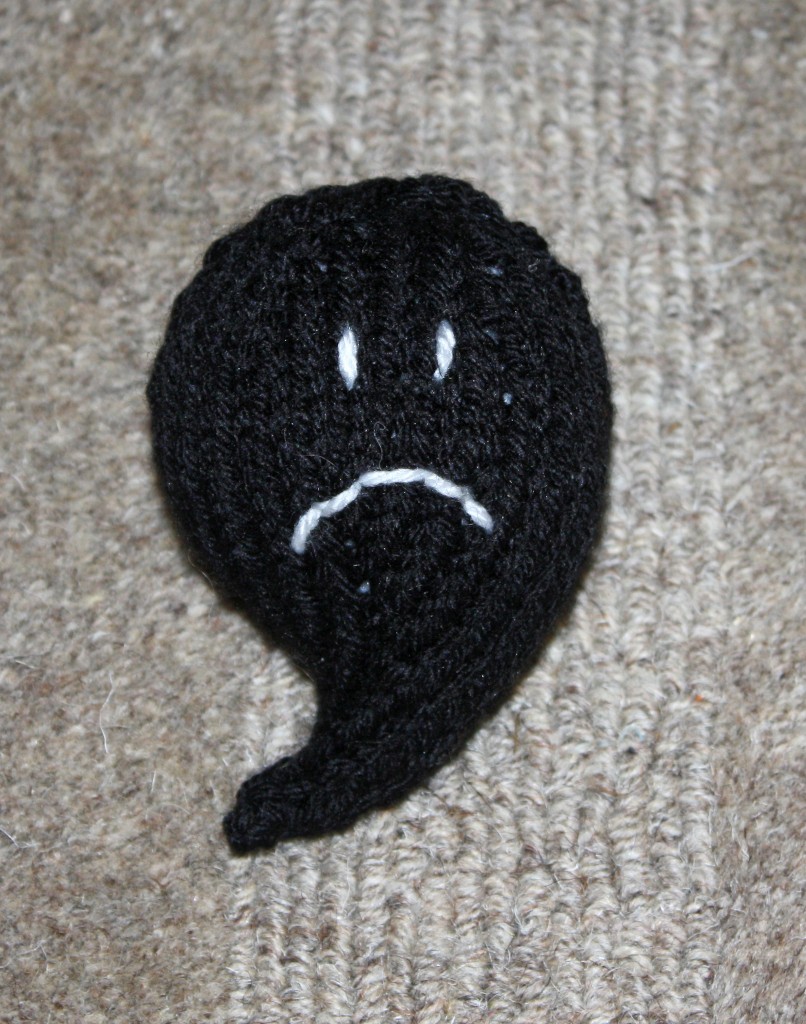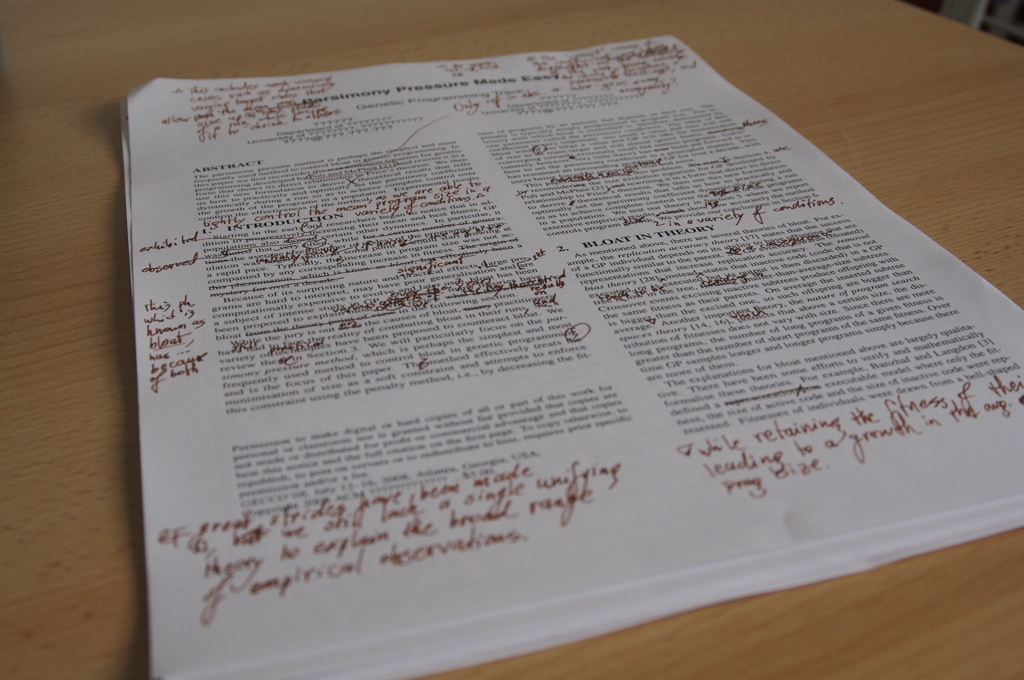
Make your commas happy when you use them correctly!
Photo by Tanya Hart (Flickr)
Comma placement is sometimes surprisingly difficult. Many writers assume that they know where to place a comma — until an editor deftly removes or adds one. Often, with commas and with many other things in life, less is more, but that’s not always the case. Here are a few common comma conundrums that give many writers pause:
1. Placing a comma outside of quotation marks
Incorrect: “Heat of the Moment”, “Karma Chameleon”, and “Don’t Stop Believing” are great songs to rock out to.
Correct: “Heat of the Moment,” “Karma Chameleon,” and “Don’t Stop Believing” are great songs to rock out to.
With rare exceptions, commas and periods should be placed inside the quotation marks. Other punctuation marks have their own rules. For instance, semicolons and question marks often go outside of the quotation marks. This is different in British English, which can confuse some writers.
2. Using a comma with “that” instead of “which”
Incorrect: She liked the cookies, that were filled with raspberry jam.
Correct: She liked the cookies, which were filled with raspberry jam.
Correct: She liked the cookies that were filled with raspberry jam.
“That” does not require a comma, as it’s an indication of a restrictive clause. “Which” requires a comma and indicates a non-restrictive clause. Most automated grammar-checkers will find this error.
3. Using a comma to separate a verb from its subject
Incorrect: Her wonderful and charming guests, enjoyed Marvel movies.
Correct: Her wonderful and charming guests enjoyed Marvel movies.
This is easier than it sounds. Look at your sentence and simply ask yourself if a comma is necessary. Would removing a comma change the meaning of your sentence? In this case, it doesn’t. The comma is not needed.
4. Using a comma to identify inaccurately
Incorrect: The superhero, Spider-Man, does what a spider can.
Correct: The superhero Spider-Man does what a spider can.
Incorrect: The leader of S.H.I.E.L.D. Nick Fury wears an eye patch.
Correct: The leader of S.H.I.E.L.D., Nick Fury, wears an eye patch.
This is an identification issue. The difference in these examples is that one of them identifies a specific person. The leader of S.H.I.E.L.D. is only one person: Nick Fury. The other example identifies many people. A “superhero” could be Superman, Spider-Man, or Batman. In other words, we’re not giving Spider-Man a title. The following sentence is also correct:
Correct: The spider-like Marvel superhero who also goes by the name of Peter Parker, Spider-Man, does what a spider can.
5. Creating a comma splice between independent clauses
Incorrect: He needed to run to the store, Jane wanted soda.
Correct: He needed to run to the store; Jane wanted soda.
Correct: He needed to run to the store. Jane wanted soda.
Correct: He needed to run to the store because Jane wanted soda.
The comma splice is a common grammatical issue. If two sections of a sentence are separated by a comma and each clause can stand on its own as a sentence, then they need to be separated by a period or a semicolon (and not a comma). You could also add a conjunction like “and,” “yet,” or “but.” In the example above, I used a subordinating conjunction.
6. Using extra commas with month/year dates
Incorrect: Star Wars hit theaters in May, 1977.
Correct: Star Wars hit theaters in May 1977.
This is a simple tip to remember. Dates that only have the month and year do not require commas. “May 25, 1977” does require a comma, of course. Our style also allows you to write 1977, 1970s, or ’70s as well.
7. Not using an Oxford (or serial) comma
(Mostly) Incorrect: She got cookies, soda and movies for her party.
Correct: She got cookies, soda, and movies for her party.
The serial comma is a matter of debate. Many American style guides don’t require it: Some even forbid it entirely. But we at OWJ are fans of the Oxford comma. Before the “and” in a list, insert a comma. However, in your own personal work, it’s only important to remain consistent.
Thanks for reading! Read our older Comma Chameleon post or our Comma Commandments post to learn more about how commas should be used.



